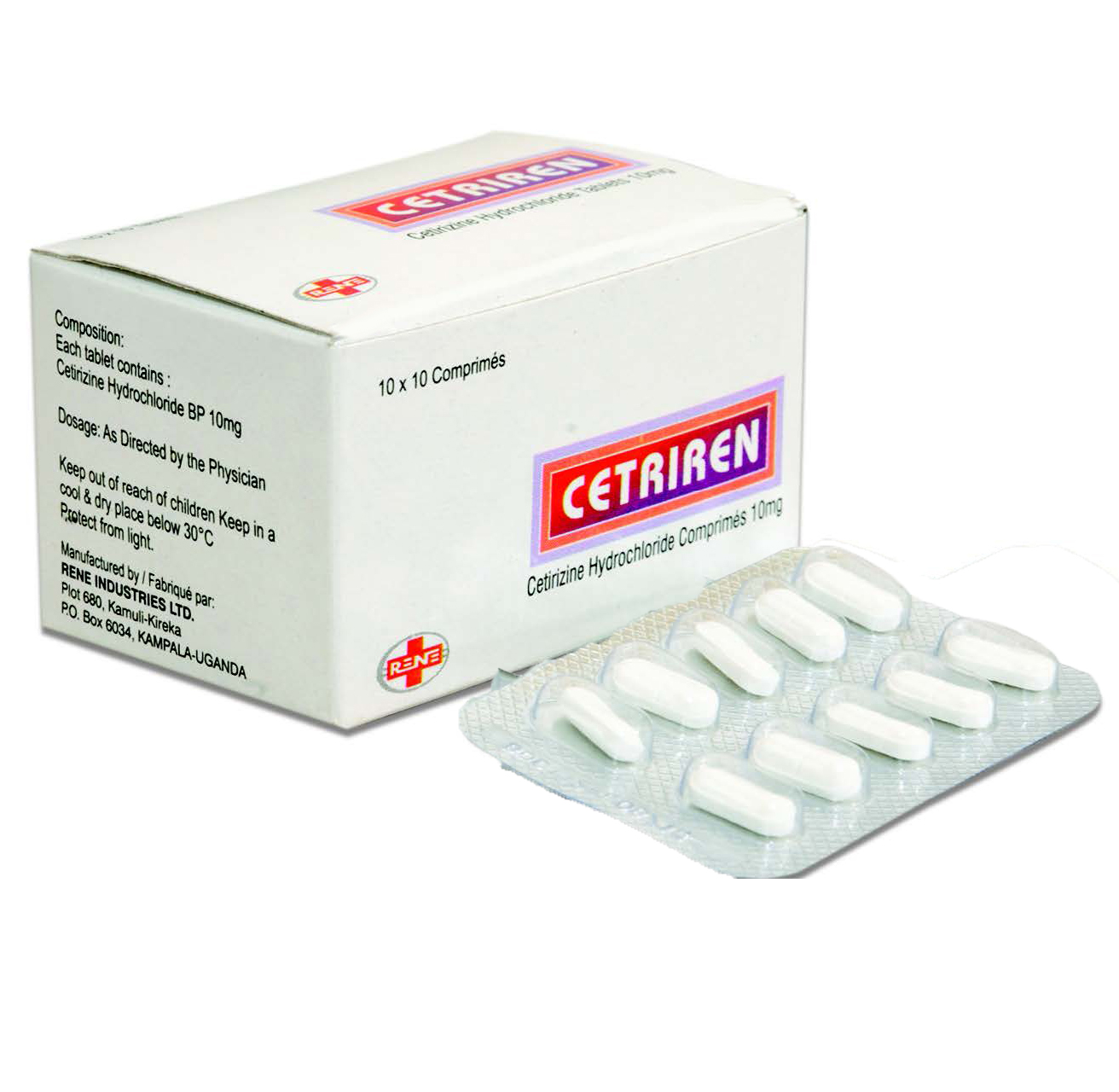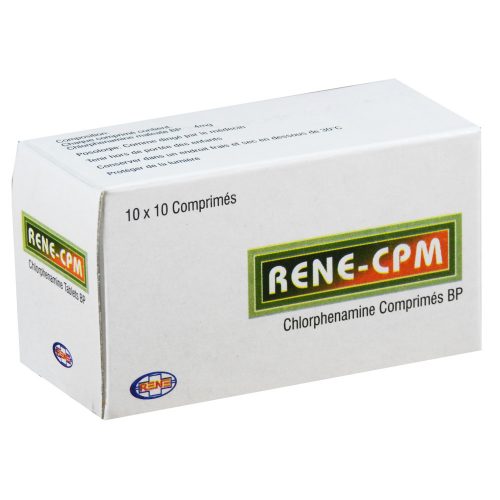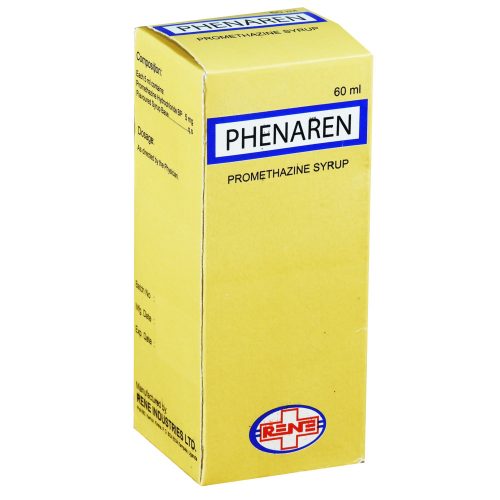CETRIREN
Cetirizine, a metabolite of hydroxyzine, is an anti-allergic agent, with a histamine H1 receptor antagonism devoid of any significant anticholinergic and antiserotonin effects. Cetirizine reduces eosinophil recruitment induced by an antigen-antibody reaction.
Presentation
Cetriren Tablets 10mg is available in pack of 10 x 10’s
Description
Indications
Allergic processes responding to a histamine H1 receptor antagonist;
– Respiratory: Allergic rhinitis, hay fever.
– Cutaneous: Allergic skin conditions associated with pruritus e.g. urticaria.
Pharmacological Class
Antihistamine
Pharmacological Properties
Histamine anatagonist
Mechanism of Action
Cetirizine, a human metabolite of hydroxyzine, is an antihistamine; its principal effects are mediated via selective inhibition of peripheral H1 receptors.
Side effects
There have been occasional reports of mild and transient subjective side-effects such as headache, dizziness, drowsiness, agitation, dry mouth, increased appetite, nervousness, fatigue, asthenia, malaise, nausea and gastro-intestinal discomfort. In some individuals, hypersensitivity reactions including skin reactions, urticaria, pruritus and angioedema may develop.
Contraindications
History of hypersensitivity to any of the constituents of the formulations, Hypersensitivity to hydroxyzine.
Cetriren is contra-indicated in lactating women since the active ingredient is excreted in breast milk.
Cetriren is contra-indicated in pregnancy as the safety has not been established.
Interactions
To date there are no known interactions with other drugs. Studies with diazepam, glipizide, pseudoephedrine, ketoconazole, azithromycin, erythromycin and cimetidine have revealed no evidence of pharmacokinetic interactions. As with other antihistamines it is advisable to avoid excessive alcohol consumption.




